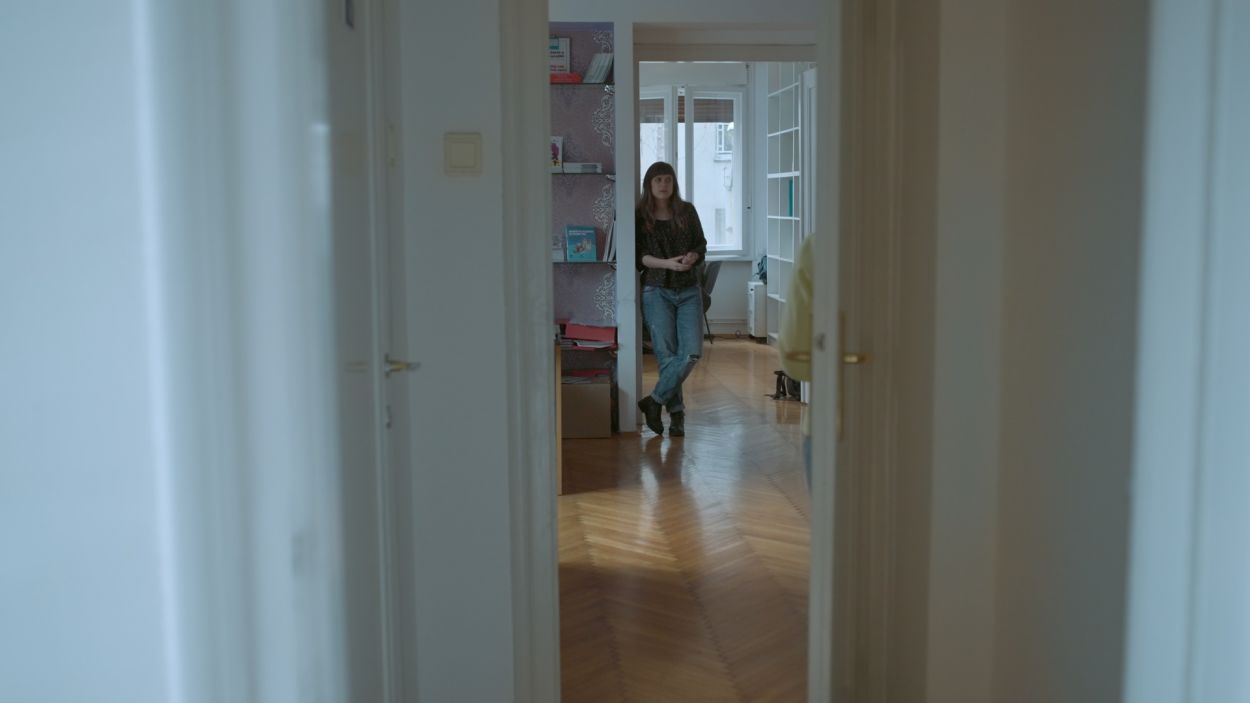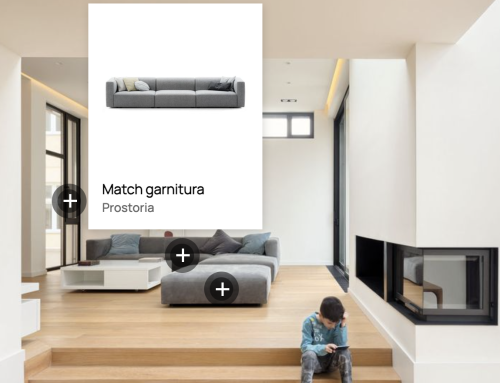There are no universal tips and recipes for parenting – because every parent, just like every child, is a person for themselves. But, it is clear that every child needs a safe and stimulating environment which understands and supports them; an environment in which they feel at ease, to whom they belong, in which they can explore, learn and be successful.
Such an approach is “positive parenting” – parental behaviour based on the best interests of the child, that is nurturing, empowering, non-violent, which involves setting of boundaries to enable the full development of each child’s potential, according to the Council of Europe 2006 Recommendation. The child is entitled to care, security and an upbringing that is respectful of their rights and individuality, and the parents are entitled to the support of the state in fulfilling their parental roles.
Through the project Positive Parenthood funded by the European Union, the Child Rights Centre has managed to significantly improve the system of child protection and the realisation of children’s rights in Serbia.
“We work in various areas: prevention and protection of children from violence, child friendly justice, protection of children from discrimination, and – which has been especially relevant lately – exercising the child’s right to a healthy environment,” said Ms Jasmina Miković, director of the Child Rights Centre, which is supported by donors such as the European Union, Save the Children International, UNICEF…
An integral part of the Child Rights Centre is the Children’s Information and Cultural Centre – Club DX, which brings together children and youth aged 12 to 18, and which was founded back in 1997. Club DX is a place where children and youth can get information about their rights in a language they understand, but also to get involved in activities such as workshops, forums, public actions, self-advocacy actions…
With the support of coordinators, the members of the club create and organise their activities. When they complete the training on children’s rights, they can pass on the acquired knowledge to their peers. According to Olga Dević, an activist in the field of children’s rights and youth policy who has ten years of experience behind her, several hundred children from all over Serbia have passed through this club.
“These are the children who are the members of their schools’ student parliaments and the children who are interested in the field of children’s rights. The knowledge they acquire at the DX Club on various topics – from the Convention on the Rights of the Child, through protection of child safety – is passed on to peers in schools,” says Dević.
The EU actively supports the respect and protection of human rights in Serbia through various programmes – at the national and regional levels. Currently, a number of EU-funded projects are being implemented in cooperation with the Serbian authorities and civil society organisations, with the aim of achieving respect and full protection of the fundamental rights of all citizens, regardless of age, gender, ability, ethnicity or sexual orientation.





